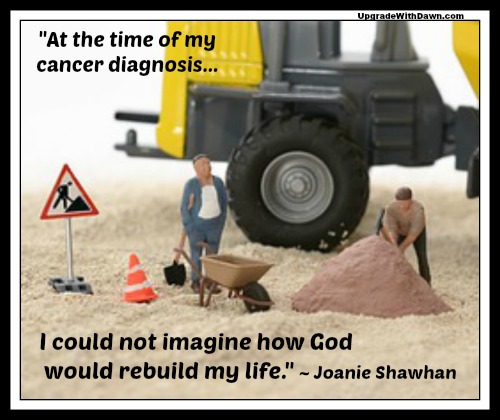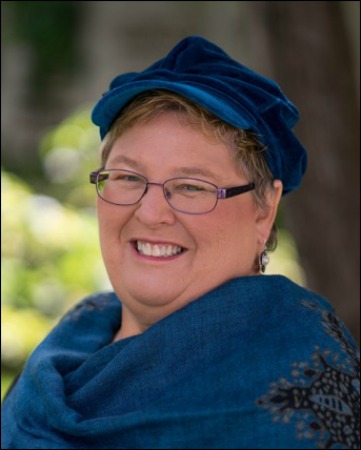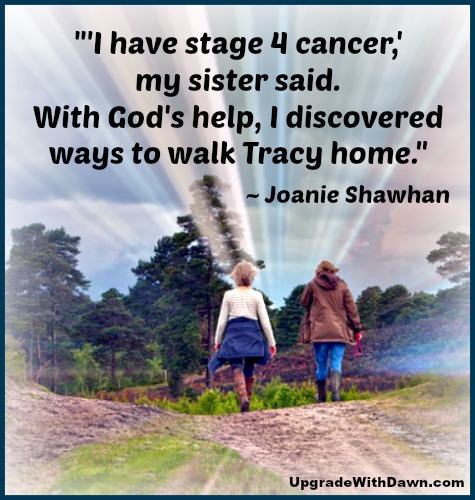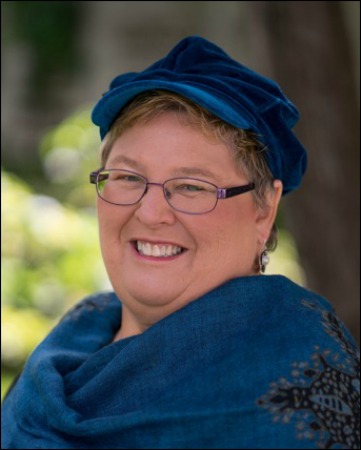11 Facets to Upgrading Our Friendships
I have admired Joanie Shawhan from afar, only getting to know her through Facebook. But I have come to consider her a friend. In this Friendship UPGRADE, she opens our eyes to the different "facets" of the gems in our friendship circle.
"Friends," Joanie says, "are like precious jewels in a treasure chest." 
When I (Dawn) think of friends, I too think of precious jewels. The word "precious" means something of great value—not to be treated carelessley. How precious are your friendships?
Joanie continues . . .
Each jewel is different—a different color, a different cut, a different shape. Some jewels are hard while others are soft. Some transparent, others opaque. Some jewels are bold and brash, others muted, softer, less noticeable. Some jewels tolerate harsher climates while others need more temperate conditions.
Jewels reflect light, each one creating a various array of prisms and rainbows.
Each one of us, like jewels, reflects the light of Christ.
The light beaming from one person will not appear the same as the light shining through another, but we all carry the light. Together we reflect Christ.
As I consider my own life, I realize God has brought me the best people—the best of friends.
My friends have:
- brought healing,
- shaped my mindsets,
- and provided godly examples of how to live.
As friends, we complement one another’s gifts.
We love each another despite faults that sometimes seem more glaring than the light we are meant to reflect. But we are friends.
FACETS of Friendship
1. Friends undergird one another with prayer.
My friends prayed me through cancer, chemotherapy and other health issues. They prayed me through the death of loved ones.
Persistent prayer requests remain on their prayer altars.
2. Friends correct one another.
Sometimes I need an attitude adjustment, a course correction, a different perspective. They help me discern life decisions.
My friends know my weaknesses. Their correction is given in love and concern for my welfare.
3. Friends celebrate together.
- We celebrate birthdays, weddings, babies and retirement.
- We celebrated when I overcame cancer. My friends rejoiced with me when I was offered a publishing contract for In Her Shoes: Dancing in the Shadow of Cancer.
With joy, we celebrate our victories and successes.
4. Friends open their homes.
For several years I lived with a family and still, many years later, we share meals together. I have enjoyed countless gatherings, laughter, and family meals in the homes of my friends.
5. Friends encourage one another with kind words.
Life is hard! Many times, I have been discouraged and ready to quit because my dreams required too much effort.
The loving words of a friend spurred me on.
Without the encouragement of friends, I would never have completed my book.
6. Friends serve one another.
Friends brought me meals and helped me clean while I endured chemotherapy.
A few years ago, my friends helped me move. Not a small task! They helped me pack, move, and even haul away my donations. Then they unpacked my kitchen, hung my curtains, and fitted my blinds.
7. Friends forgive each other.
Even the best of friends inadvertently hurt one another.
Forgiveness restores our friendships.
8. Friends believe the best in each other, covering one another’s faults.
My friends keep in confidence what I share with them. They do not gossip.
9. Friends strive to understand one another.
My friends listen to my heart and try to understand me—even when we have differences.
10. Friends share one another’s grief.
I have received the comfort of my friends when I experienced the loss of dear friends and family members.
11. Friends love one another.
We often hear I Corinthians 13 at weddings, but these verses also describe the all-encompassing love we are to have for one another.
“Love is patient, love is kind. It does not envy, it does not boast, it is not proud. It does not dishonor others, it is not self-seeking, it is not easily angered, it keeps no record of wrongs. Love does not delight in evil but rejoices with the truth. It always protects, always trusts, always hopes, always perseveres” (1 Corinthians 13:4-7 NIV).
The friends God blessed me with were not necessarily the people I would have chosen.
But God always gives His best
and my friends are God’s best.
Like iron sharpens iron, my friends are shaping me into the person God designed me to be, someone who reflects the light of Christ.
“A dear friend will love you no matter what, and a family sticks together through all kinds of trouble” Proverbs 17:17 TPT).
Who are the jewels of friendship in your treasure box? How does each one reflect Christ?
Joanie Shawhan is an ovarian cancer survivor and a registered nurse. She writes articles and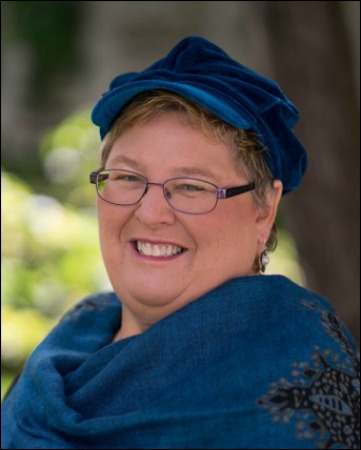 encouragement for women undergoing chemotherapy. Publishing credits include Coping with Cancer Magazine, The Upper Room and God Still Meets Needs. She speaks to medical students in the Survivors teaching Students program. Coming soon—In Her Shoes: Dancing in the Shadow of Cancer. You can find more about Joanie at her website.
encouragement for women undergoing chemotherapy. Publishing credits include Coping with Cancer Magazine, The Upper Room and God Still Meets Needs. She speaks to medical students in the Survivors teaching Students program. Coming soon—In Her Shoes: Dancing in the Shadow of Cancer. You can find more about Joanie at her website.
Graphic adapted, courtesy of 470906-Pixabay.
 Post a Comment → Posted on
Post a Comment → Posted on  Tuesday, March 19, 2019 at 7:21AM
Tuesday, March 19, 2019 at 7:21AM  Cancer,
Cancer,  Facets of Friendship,
Facets of Friendship,  Friends are Jewels,
Friends are Jewels,  Friendships,
Friendships,  Joanie Shawhan,
Joanie Shawhan,  Qualities of Friendship,
Qualities of Friendship,  Upgrade Your Friendships,
Upgrade Your Friendships,  Upgrade with Dawn Upgrade Your Life
Upgrade with Dawn Upgrade Your Life  Friendships
Friendships 




